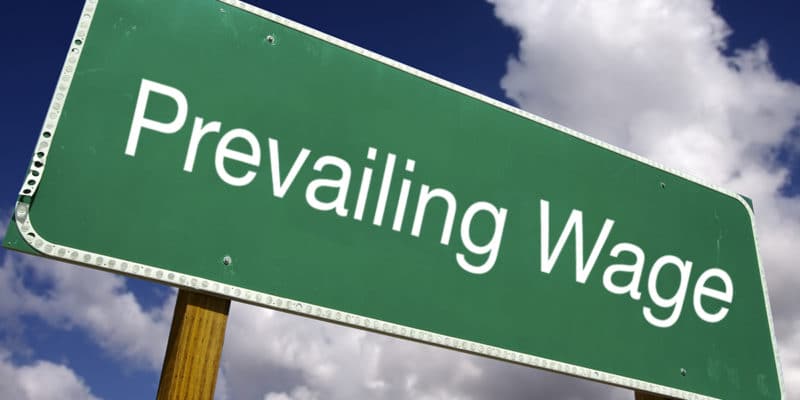BY DEBORAH SULLIVAN BRENNAN
FEB. 17, 2022 5 AM PT
San Diego — Construction projects on county land must use skilled, trained workers and pay them prevailing wages, the Board of Supervisors decided in a split vote last week. Supervisors Jim Desmond and Joel Anderson, the two Republicans on the board, opposed the measure, while Democratic Supervisors Nathan Fletcher, Terra Lawson-Remer and Nora Vargas voted in favor.
Prevailing wages are set by the state to establish pay and benefits for public works projects based on compensation rates for similar work in the same area. The federal government and the state of California set prevailing wages on public projects under their jurisdiction, as do some local governments including the city of San Diego.
The county’s action, called the Working Families Ordinance, requires contractors for construction projects on county land to use skilled, trained workers and pay prevailing wages on projects over $1 million. It also requires employers on county-leased land to provide paid sick leave and to ensure worker protections against retaliation and discrimination.









